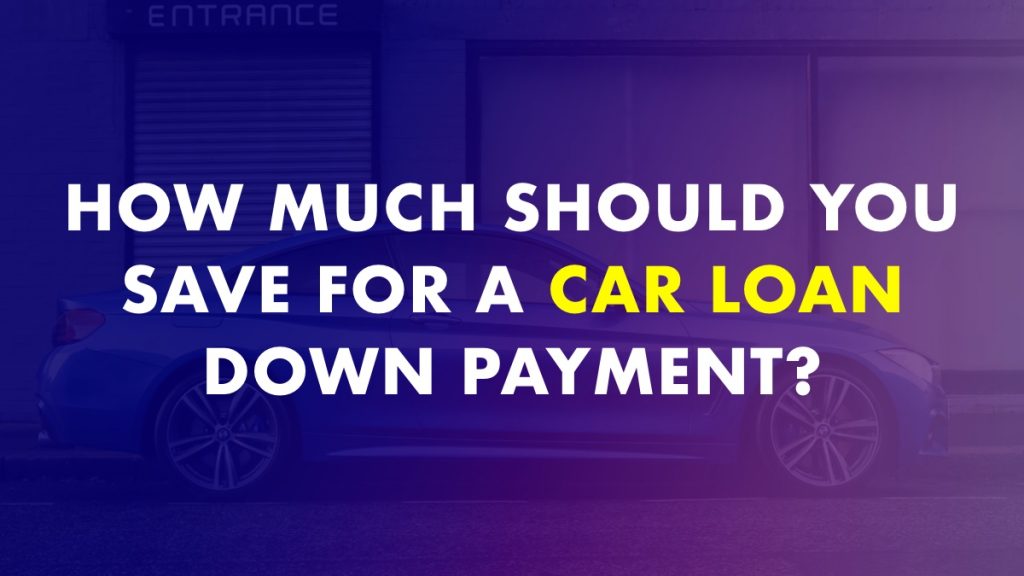Buying a car requires careful planning. It’s a big purchase, and that can feel overwhelming, especially considering the down payment. Folks usually wonder how big or small their down payment should be, and the following will answer that.
On a Used Car
Most people who buy a car, especially their first one, go for a used car. If one is planning to do this, it’s best to offer a 10 percent down payment.
The reality is that this used vehicle has lost most of its value. 10 percent should ensure that the buyer doesn’t end up owing more than the vehicle is worth. The down payment could be lower, but the lender will usually increase the interest rate.
On a New Car
New cars are worth more on the lot than when they are driven off of it. This means the vehicle will likely be in the negative.
This is the reason a 20 percent down payment is advisable. The loan terms can be changed later if needed. According to Lantern by SoFi, comparing auto loan refinance rates in advance should help you “lower your car loan payments and free up some cash.”
With Bad Credit
People with bad credit need cars, and the question about a down payment is a big one for these folks. The person with bad credit should gather up as much for the down payment as possible. There are many reasons why someone with bad credit needs a lot of money to buy a vehicle.
For one, lenders may deny folks with bad credit. A bigger down payment could make lenders feel less anxious about lending that much cash to a risky borrower. The other reason folks need to gather as much as possible is that lenders might be willing to offer a better interest rate with a big enough down payment.
Large Down Payment Perks
Now, people know the suggested amounts for down payments.
The only thing to consider now is should a person pay the suggested down payment.
Of course, a person with bad credit almost has no choice, but everyone else does. To answer that, the perks of doing so should be highlighted, and they are as follows:
- Making a large down payment now means the loan will end much sooner since the borrower is paying a big chunk of the loan off. That’s a big deal. It means the borrower won’t need to pay on this loan too long, which ends up saving money.
- The interest rate is much lower when a bigger down payment is offered. No one should pay high-interest rates if they don’t have to. It’s like giving away free money, and that’s no good.
- Normally, the monthly bill is considerably lower with a large down payment. A lower monthly bill allows the borrower to spend on other things. That’s a great thing and something to strive for.
Hopefully, this information makes it easier to figure out how much folks should save for a down payment. It may be a good idea to work with a financial advisor to see what the best path is.
